The rule of thirds is a fundamental principle in the art of composition, not just in photography but in visual arts overall. This simple yet powerful guideline can transform your photographs from ordinary to captivating by adding balance and interest. Here’s a deep dive into mastering this classic composition technique.
Understanding the rule of thirds
At its core, the rule of thirds involves dividing an image into nine equal parts by two equally spaced horizontal lines and two equally spaced vertical lines. The most important elements of your composition should be placed along these lines or at their intersections. These points are where the human eye is naturally drawn, making your photo more engaging.
Applying the rule to various subjects
Landscapes: For landscape photography, position the horizon along one of the horizontal lines. Placing the horizon on the lower line accentuates the sky, which is beneficial during dramatic sunsets or when capturing interesting cloud formations. Place the horizon on the upper line to draw attention to detailed terrain or reflections in bodies of water.
Portraits: When taking portraits, align your subject’s eyes with one of the horizontal lines. This placement is pleasing to the eye and feels natural, giving the photo a strong, grounding focal point. For a more dynamic composition, position the subject off-center at one of the vertical intersections.
Urban and street photography: Use the vertical lines to align architectural features such as doors, windows, or streets. This technique helps create a sense of depth and guides the viewer’s eye through the scene.
Advanced techniques
Breaking the rule: Once you are comfortable with the rule of thirds, don’t be afraid to break it. Artistic vision can benefit from symmetry, or placing the subject in the center, under the right circumstances—especially when aiming for a more powerful, direct impact or when the environment offers symmetrical compositions.
Using the rule of thirds with movement: When capturing subjects in motion, such as a running animal or a moving car, leave more space in front of them than behind. This space should align with the rule of thirds, creating a sense of where the subject is headed.
Practical tips for everyday shooting
Use your camera’s grid feature: Most digital cameras and even smartphones come with an option to display a grid overlay in the viewfinder or on the LCD screen. Use this feature to help align your shots according to the rule of thirds.
Experiment with post-processing: If you didn’t get the alignment quite right in-camera, use cropping tools in your photo editing software to adjust the composition post-shoot. This can be a great way to refine the placement of your elements by the rule of thirds.
The rule of thirds is more than just a rule; it’s a powerful tool that, when used effectively, can dramatically enhance the visual impact of your photographs. By applying these guidelines thoughtfully, you can create more balanced, interesting, and appealing images that draw viewers into your photographic world. Remember, the ultimate goal of using the rule of thirds is to make your images as engaging and memorable as possible.
Not on 500px yet? Sign up here to explore more impactful photography.

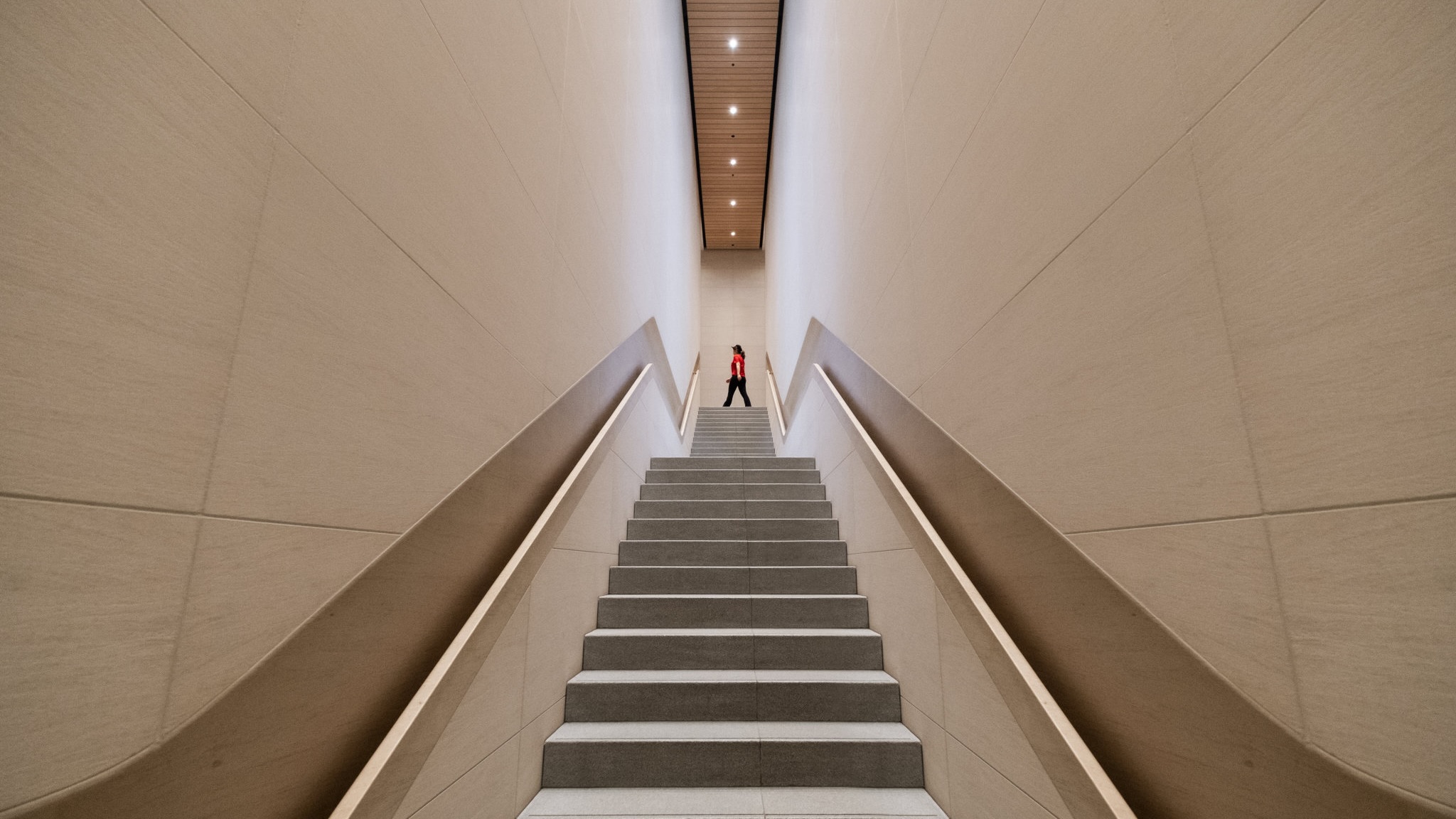

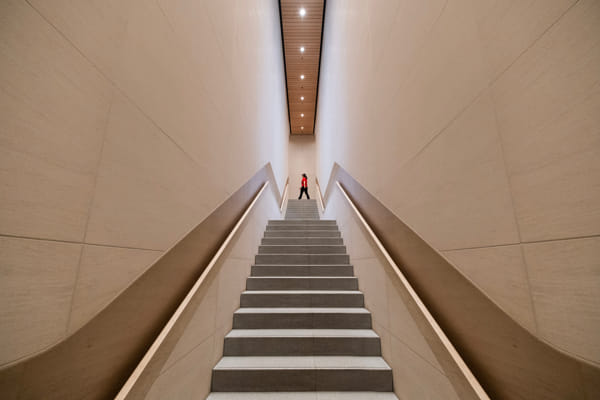
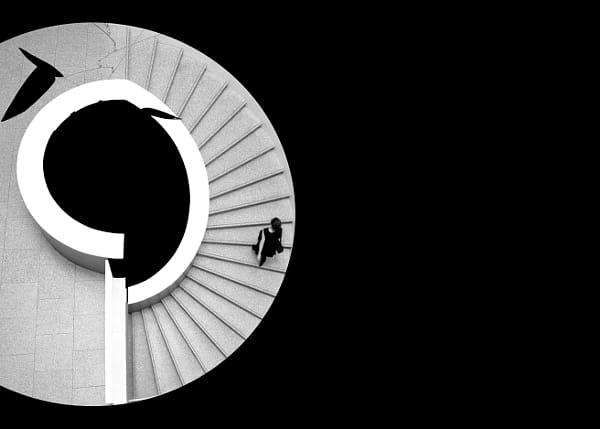


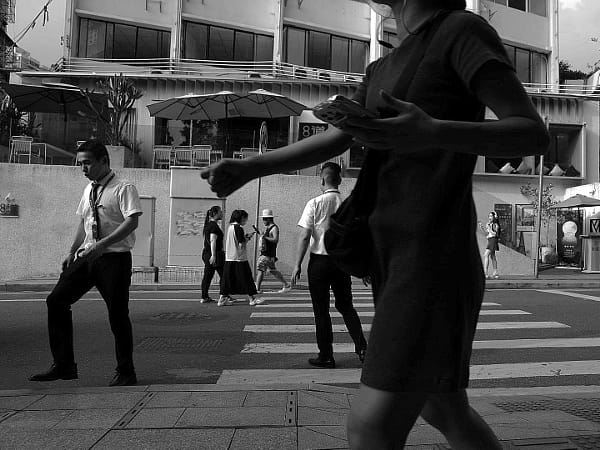
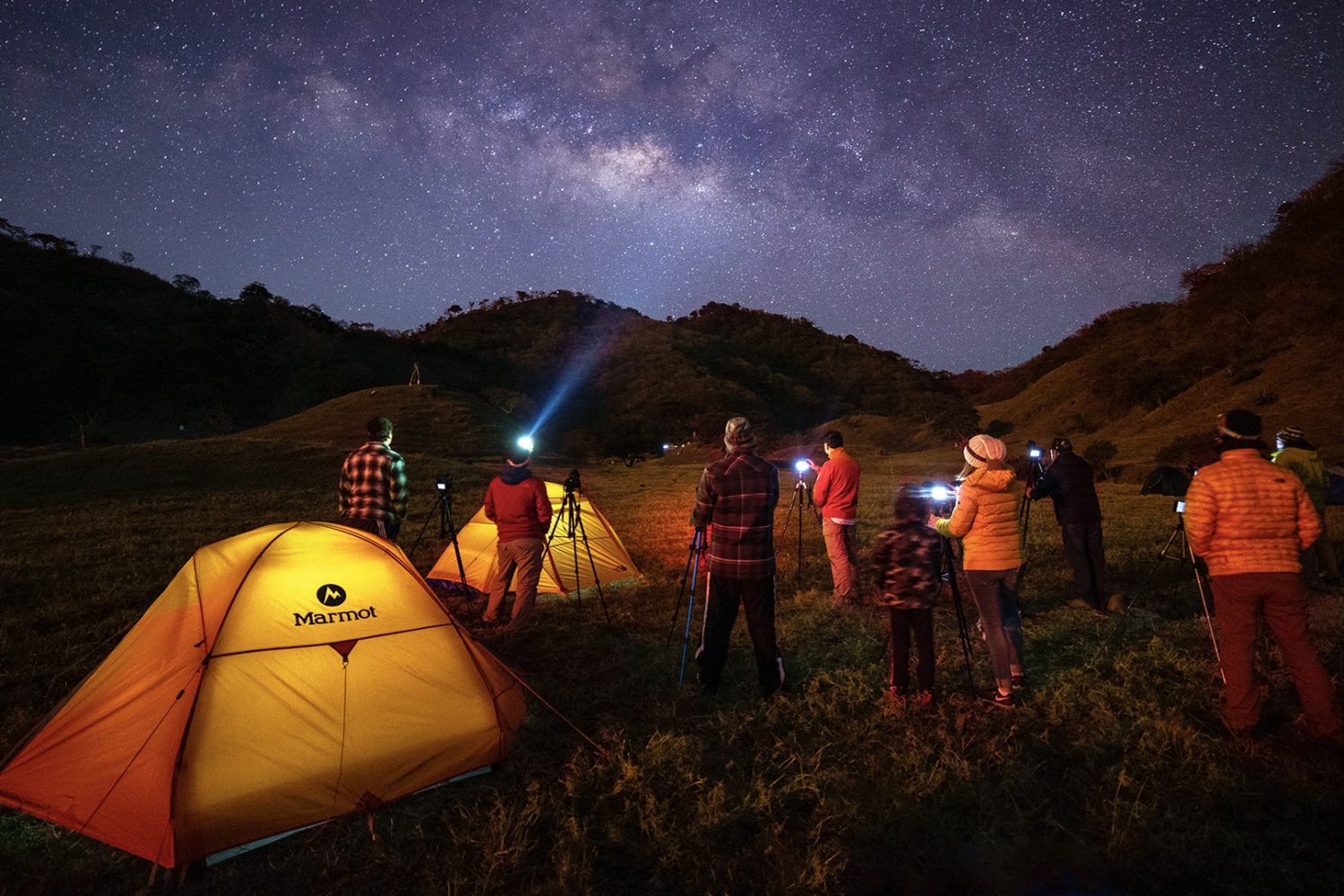
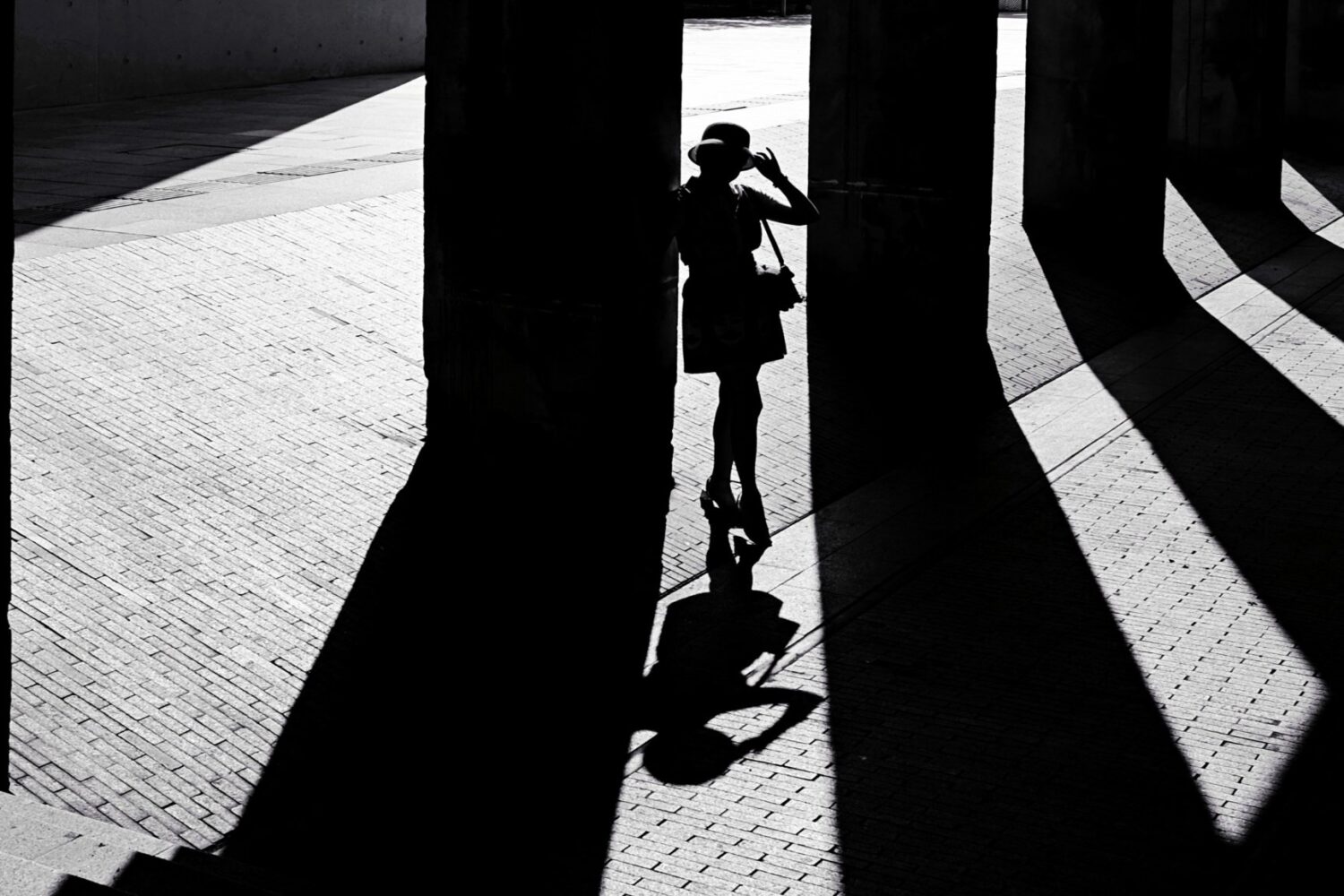



Leave a reply